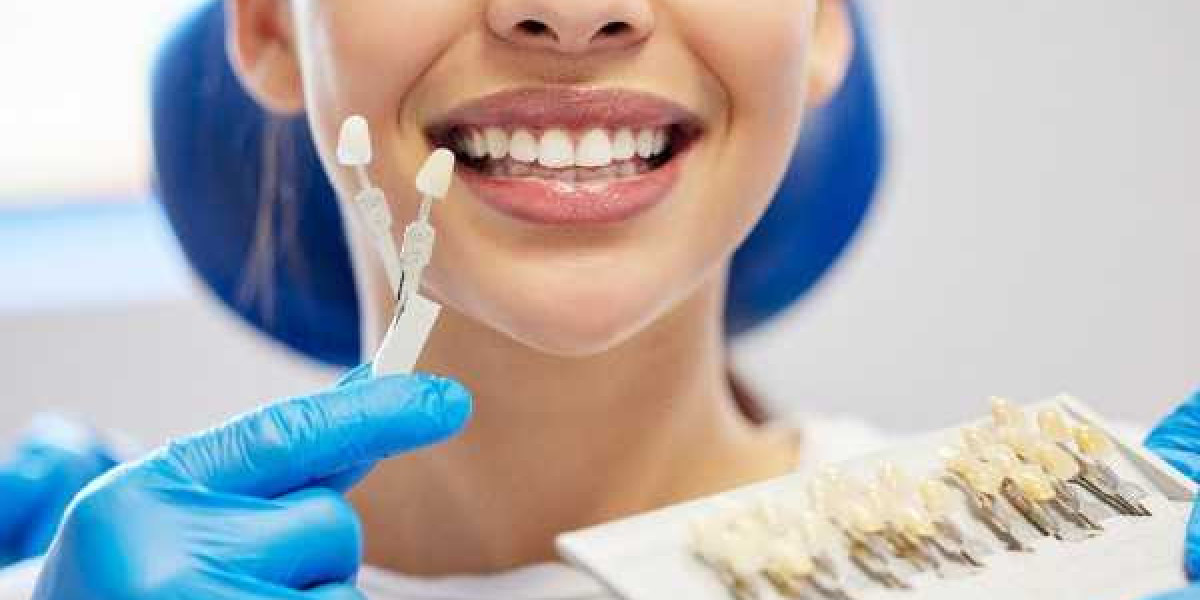Teeth whitening has become one of the most sought-after cosmetic dental treatments, with many turning to trendy alternatives like activated charcoal in hopes of a brighter smile. Marketed as a natural solution to remove stains, charcoal-based toothpastes and powders have exploded in popularity on social media. But while the results may look appealing in before-and-after photos, there’s more to consider than meets the eye. Is charcoal genuinely effective for whitening teeth, or is it all just marketing hype? In this blog, we’ll explore how charcoal works, whether it’s safe for regular use, and what experts really think about its long-term effects.
What Is Activated Charcoal?
Activated charcoal is a black powder derived from carbon-rich materials like bamboo or coconut shells, processed at high heat to create an absorbent, porous surface. Initially used for detoxification in medicine, it's now found in skincare, digestive aids, and increasingly, dental products.
Key highlights:a
- Popular in charcoal-based toothpastes and powders
- Claimed to whiten teeth visibly within a few uses
- Gaining widespread attention on social media
- Raises concerns about long-term enamel safety
- Effectiveness is still debated among dental professionals
Though trendy, the long-term impact of charcoal on tooth enamel remains under investigation, so caution is advised when used regularly.
How Charcoal Is Supposed to Whiten Teeth
Charcoal’s whitening effect comes from its ability to bind to surface stains. When applied to teeth, its porous nature allows it to attract and remove substances like plaque, food particles, and tannins found in items such as coffee, tea, and red wine.
How it works:
- Binds to surface-level staining agents
- Abrasive texture scrubs away discolouration
- Targets only extrinsic (surface) stains
- Cannot change the internal (intrinsic) colour of teeth
While users may observe a temporary brightening effect, the abrasive nature of charcoal raises valid concerns about enamel erosion, especially with overuse. Unlike professional whitening treatments, activated charcoal does not lighten the natural tooth shade, making it more of a cosmetic cleanser than a whitening solution.
Scientific Evidence: What Do Studies Say?
Despite its trendiness, charcoal as a teeth-whitening agent lacks strong clinical backing. Studies show it may provide only short-term polishing effects rather than true whitening.
Key concerns raised:
- No proven advantage over regular whitening toothpaste
- Often lacks fluoride, crucial for enamel health
- High abrasiveness may damage enamel with frequent use
- Risks increase when self-prescribed without dental guidance
The British Dental Journal cautions against daily use of charcoal products due to these issues. Many dental professionals share this scepticism, especially when patients use such products without understanding the risks. For those seeking safer, longer-lasting results, professional teeth whitening Glasgow services remain a scientifically supported choice offering trusted outcomes under expert care.
Pros and Cons of Using Charcoal for Teeth Whitening
To weigh your decision, here is a comparison of charcoal’s potential benefits and risks:
Pros | Cons |
May remove some surface stains | Can erode enamel if used excessively |
Easily available in high-street shops | May not include fluoride for enamel protection |
Natural and free from harsh chemicals | Limited scientific evidence to support effectiveness |
Trendy and Instagram-friendly | Can cause gum irritation with aggressive brushing |
Is It Safe to Use Regularly?
Charcoal toothpaste’s safety for regular use is widely debated. Its abrasiveness poses a risk to long-term enamel health, especially with daily brushing.
Key concerns include:
- Enamel erosion: Abrasive particles can wear away enamel permanently.
- Increased sensitivity: Exposed dentine makes teeth more sensitive and yellow-looking.
- Lack of fluoride: Many charcoal pastes don’t protect against decay, raising cavity risk.
While users may seek a brighter smile, these risks often outweigh the cosmetic benefits.
To maintain both safety and effectiveness, it’s advisable to speak with a dentist in Glasgow. A professional can recommend clinically approved whitening options tailored to your needs, ensuring you protect your enamel while achieving visible, long-lasting results.
Alternatives to Charcoal Teeth Whitening
If you’re cautious about using charcoal but still want to brighten your smile, consider the following safer alternatives:
- Professional Whitening Treatments Carried out by licensed dental professionals, these treatments use clinically approved whitening agents that penetrate beneath the surface for long-lasting results.
- Over the Counter Whitening Strips These contain a regulated amount of peroxide and are effective for minor discolouration when used as directed.
- Whitening Toothpaste Many mainstream brands offer toothpastes with gentle whitening agents and fluoride to clean and protect simultaneously.
- Dietary Adjustments Reducing intake of stain-causing substances like coffee, red wine, and tobacco can naturally prevent further discolouration.
When considering cosmetic dental improvements, teeth whitening Glasgow services offer tailored solutions that balance effectiveness with safety something DIY remedies often lack.
Who Should Avoid Charcoal Whitening Products?
While some people may experience short-term benefits, charcoal whitening is not suitable for everyone. Particular groups should avoid using these products altogether:
- People with Sensitive Teeth Abrasives can worsen sensitivity and lead to pain or discomfort during eating or brushing.
- Individuals with Gum Recession Exposed roots are more susceptible to damage and erosion from gritty substances.
- Those with Dental Restorations Charcoal do not whiten crowns, veneers, or bonding materials and may create uneven colouring.
- Teenagers and Children developing enamel is thinner and more fragile, making charcoal too harsh.
- People Undergoing Orthodontic Treatment Braces or clear aligners can trap charcoal particles, complicating oral hygiene.
A personalised assessment from a dentist in Glasgow ensures that your whitening method aligns with your oral health status and goals.
Is Charcoal Worth the Hype?
Charcoal may offer a short-term polish, giving the appearance of a slightly brighter smile, but its overall whitening effect is limited and short-lived.
Key points to consider:
- Modest results: Surface-level improvements only.
- Potential risks: Prolonged use may harm enamel and gums.
- Lacks scientific support: Not proven as a reliable whitening method.
For a truly brighter and safer outcome, rely on scientifically approved options. In-clinic whitening or at-home treatments prescribed by your dentist ensure effective and enamel-safe results. Consulting a dental professional is the best route for lasting improvements without compromising your oral health.
Conclusion
Charcoal has become a buzzword in dental aesthetics, but when it comes to lasting teeth whitening, it often falls short. While it may remove minor surface stains, it lacks the deep whitening power many desire and poses risks to enamel with frequent use. For safer, more effective options, consulting a dentist is essential especially before changing your oral care routine.
At EDG, our Glasgow team combines clinical expertise with aesthetic focus to guide you toward proven, protective treatments. We prioritise both dental health and cosmetic results, helping you achieve a radiant smile without compromising long-term wellbeing.








